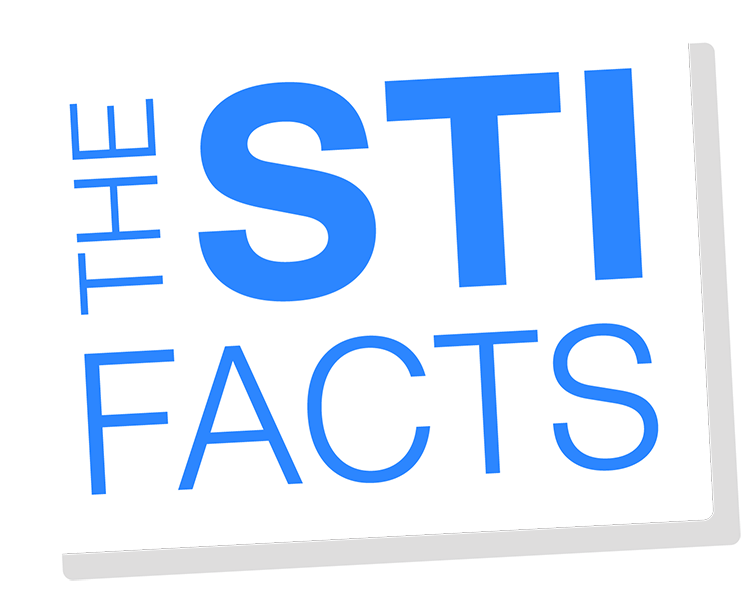What is syphilis?
Syphilis is an infection that can be passed from person to person during vaginal, anal, and oral sex with someone who has the infection.
Syphilis can have no signs or symptoms. This means you won’t know you have it unless you get an STI test.
Even without symptoms, it can still be passed on. Symptoms may include sores around the mouth, genitals or anus (bottom), a red rash on the hands, back, chest or feet and tiredness.
Without proper treatment, syphilis can damage different parts of the body including the heart, brain, spinal cord, eyes and bones. Syphilis can also cause birth defects and miscarriage in people who are pregnant.
Watch the video to learn more about syphilis.
This video has been created by our friends over at the Australian Government.
How do you get syphilis?
Syphilis can be passed on through skin-to-skin contact when you have vaginal, anal, or oral sex with someone who has syphilis. Syphilis can also be passed on from mother to child during pregnancy, childbirth or breastfeeding. Using protection such as condom and/or dam is a great and effective way to protect you from syphilis.
How do you prevent syphilis?
- Use condoms during vaginal, oral and anal sex. Condoms will prevent syphilis from being passed on. Make sure you change condoms between partners and when sharing sex toys.
- Use dams during oral sex. Dams will prevent skin to skin contact and prevent syphilis from being passed on.
- If you’ve got syphilis, don’t have sex with anyone until seven days after you’ve started treatment.
- Test for STIs and HIV every 3-12 months. It is important and part of a healthy sex life.
What are the tests for syphilis?
Syphilis is tested for by a blood test. If you have symptoms, like an ulcer or a sore, a swab will be taken.
You can get a syphilis test at your local doctor, a sexual health clinic and some university health clinics. You can call the Sexual Health Infolink on
1800 451 624 (free call) to find the closest service to you. STI tests are easy, confidential and nothing to be ashamed about.
What is the treatment for syphilis?
Syphilis is treated with antibiotic injections. Depending how long you have had the infection you may need treatment once only or once a week
for 3 weeks.
If your test is positive for syphilis, it’s important to let your sexual partners know so they can get tested and treated too. If you need help contacting your partners ask your doctor, visit Let Them Know or call the Sexual Health Infolink on 1800 451 624 (free call).
If you would like an interpreter to help you access health services or information, you can contact the Translating and Interpreting Service on 131 450.


